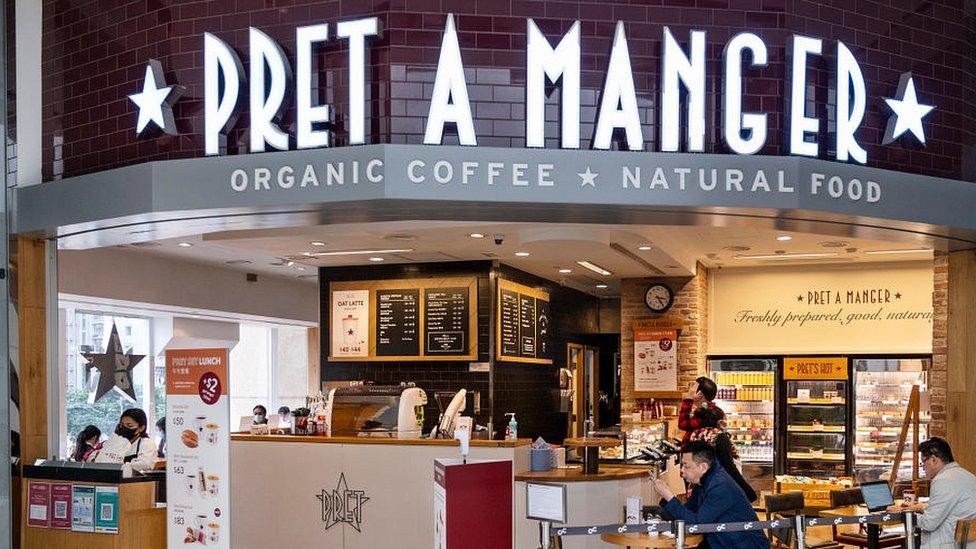Inflation: Alcopops out and frozen berries in for cost of living measure
- Published
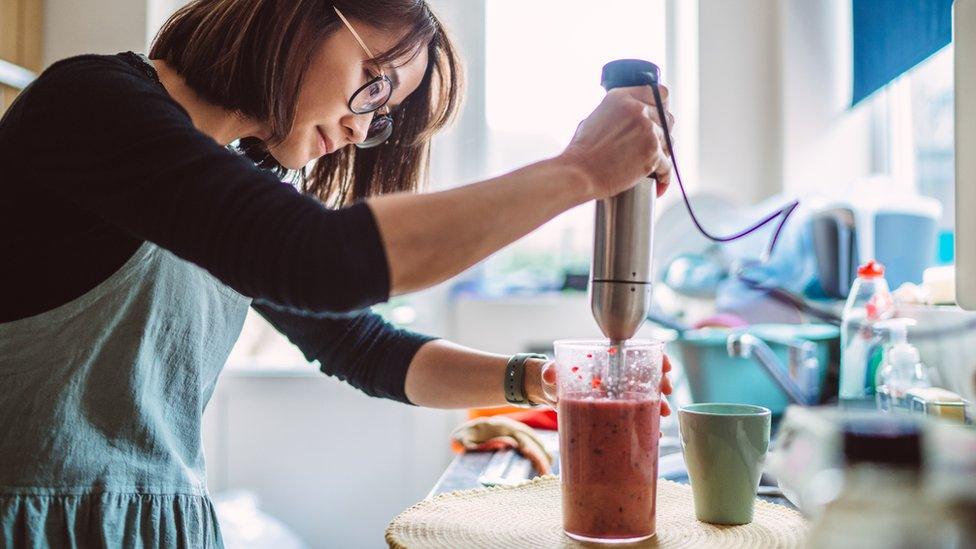
The shopping habits of clean-living consumers are reflected in changes to the basket of goods and services used to calculate the rising cost of living.
Alcopops have been removed and frozen berries, used to make fruit smoothies, are included, the Office for National Statistics (ONS) has said.
Electric bikes have also been put into the virtual basket and digital compact cameras taken out.
Thousands of prices are collected to calculate the rising cost of living.
The so-called inflation basket contains more than 700 goods and services. The cost of these items in many different outlets are gathered by the ONS to give the monthly inflation figures.
In itself, the rate of inflation is an important measure used during decisions about uprating benefits and pensions, and quoted during pay negotiations.
The rate recently hit a 40-year high but is expected to slow as the year goes on.
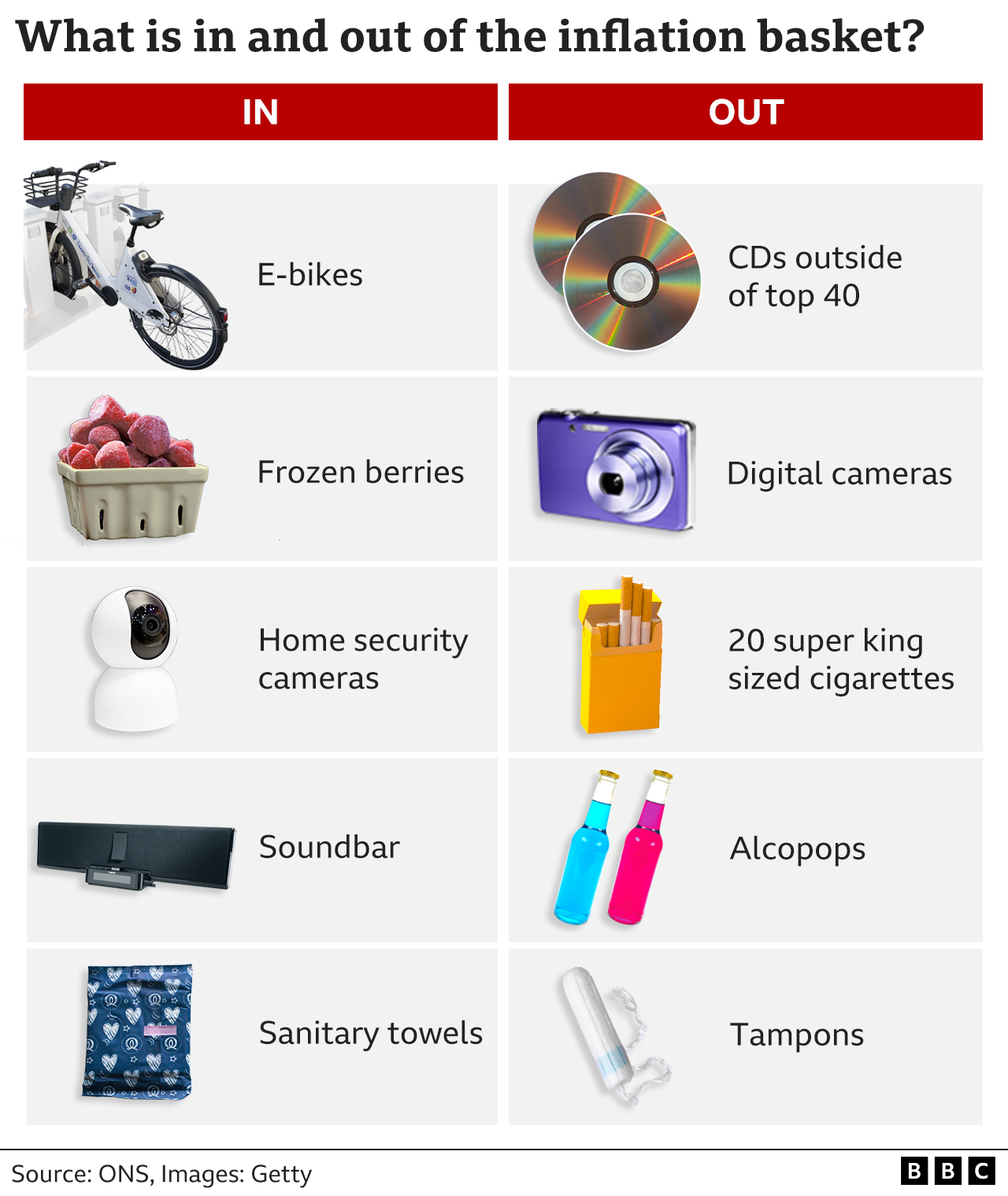
As well as reflecting consumer trends and technology, the weighting of different sectors of retail and services is important for an accurate calculation.
The ONS said the removal of alcopops was, in part, the result of restaurants, cafes and pubs being over-represented.
Some items are changed owing to how representative they are of consumer spending, and overall levels of expenditure. That is the reason cited by the ONS for tampons being replaced with sanitary towels in the basket.
Mike Hardie, from the ONS, said: "The impact of mobile phone technology continues to resonate with the removal of CDs and digital cameras from our basket, reflecting how most of us listen to music and take pictures straight from our phones these days.
"With many people looking to reduce their impact on the environment, we have also introduced e-bikes, whose popularity has risen significantly in recent years."
The ONS reviews the basket once a year, and the changes it makes are only a small percentage of the items sampled.
This time, external, 26 items have been added, 16 removed and 717 left unchanged.
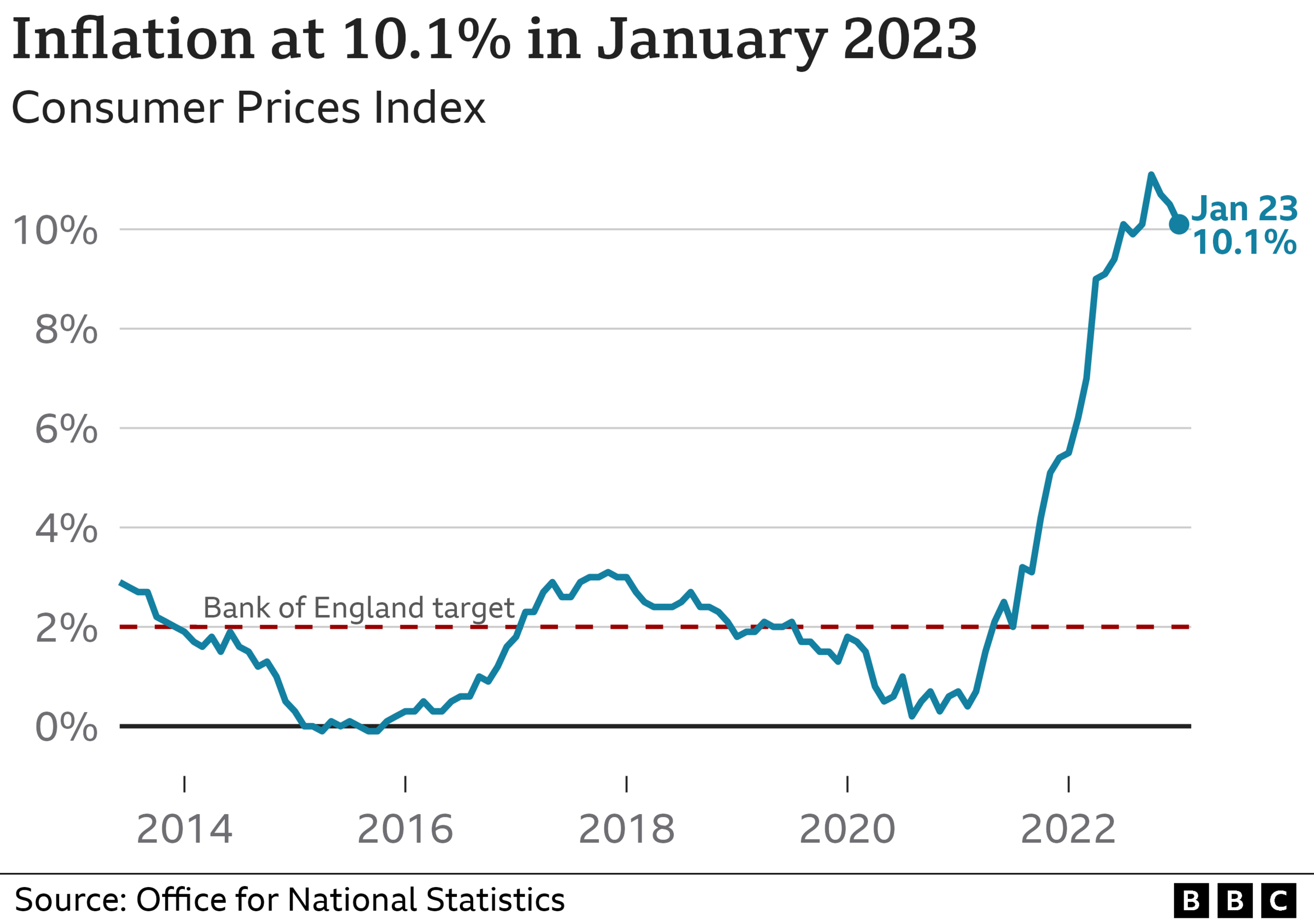
The ONS said it would massively expand the number of rail fares it checks to calculate average price rises. In future it will use an industry database with 30 million price points rather than an index calculated by a regulator.
Electricity, gas and other fuels take up nearly 4.9% of the ONS's new inflation basket, the highest share for over a decade. Last year, the ONS believed that households spent 3.6% of their consumption on fuels, but as prices have soared, that share has increased.
This will have an effect on the speed the inflation rate comes down: as fuel takes a bigger share of the basket, changes in fuel prices become more important.
Myron Jobson, personal finance analyst at Interactive Investor, said: "The ONS basket of goods become ever more diverse, with the inclusion of products that some of us wouldn't even dream of buying.
"It is not an exact science, and its variety should remind us that the experiences of the rising cost of living is unique to each individual.
Related topics
- Published31 July 2013
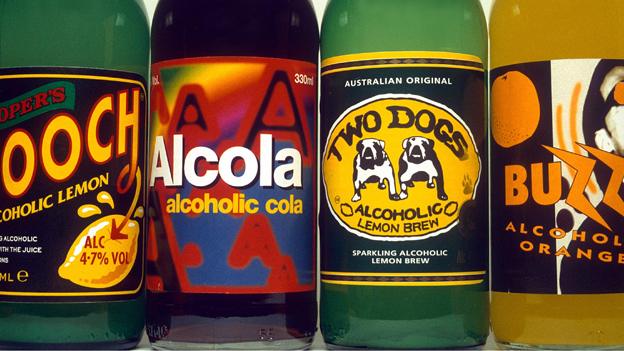
- Published21 February 2023
